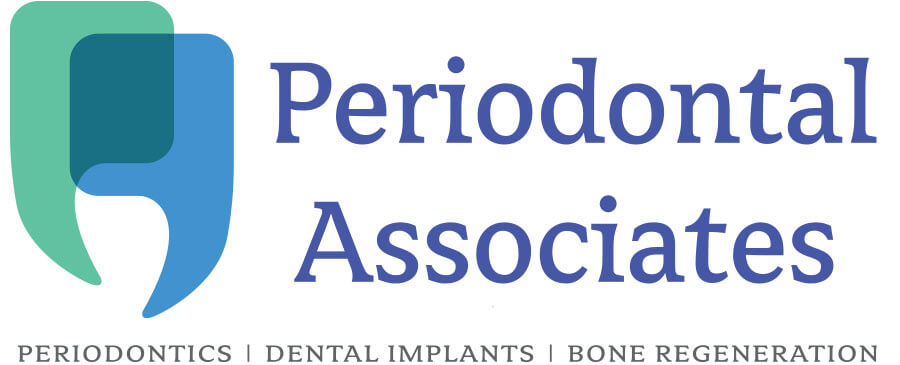
Whether you are looking for a natural tooth replacement for one tooth, a few teeth, or an entire mouth of teeth, dental implants are the gold standard.
Every time you lose a tooth, the teeth surrounding the now empty space become vulnerable. They may begin to shift, causing your bite to fall out of alignment – and this can lead to many additional oral health concerns.
You can prevent this by investing in tooth replacement, such as dental implants.
What are Dental Implants?
Dental implants are a type of artificial tooth replacement that looks incredibly real – and functions just like a real tooth, too. A titanium post becomes an artificial root and is implanted into the jaw bone. Once they are fused together, an abutment is then added to the top of the implant in order to hold the artificial tooth – or dental crown – in place.
These implants come with some great benefits, too. They are not subject to decay so you will never need a root canal treatment, they cannot stain, and they help to preserve the jaw bone. Patients who have them are quick to say that they feel and function just like a natural tooth.
Dental implants have a very high success rate and are meant to last a long time. Keep in mind that while the post may last, the dental crown will likely need to be replaced every 10 to 15 years. Though it can last longer with exceptional treatment.
The great news is that dental implants are not a one-size-fits-all sort of deal. Different types serve different purposes based on your need. Let’s take a look.
Types of Dental Implants
There are 3 main types of dental implants. Choosing which one is best for you will be determined by how many teeth you are missing.
Single Dental Implant. For patients with one missing tooth, a single dental implant can be used. It will fill in the space where there is a missing tooth and allow you the opportunity to reduce the risk of any oral health issues that stem from leaving the space empty.
Dental Implant-Supported Bridges. To replace multiple teeth, a dental bridge can help – as long as the teeth are in a consecutive row. Traditional bridges require the filing down of the natural teeth on either side and a crown placed on these perfectly healthy teeth. With a dental implant bridge, you don’t have to use the surrounding teeth to support the bridge as the implant will do all the work.
Dental implant bridges are a long-lasting solution that has a high success rate – especially when compared to other options.
Dental-Implant Supported Dentures. Missing all your teeth, whether on the top, bottom, or both, often requires dentures in order to be able to maintain a decent quality of life. But, traditional dentures usually need to be replaced every 5-7 years and can feel loose and unstable within the mouth. Dental implant-supported dentures are a new, welcomed option. Using about 4 dental implants, they are able to hold an entire arch. This gives stability and comfort – not to mention that their appearance and function are just like that of real teeth.
Choosing the Best Type of Dental Implants
When it comes to dental implants, you can work with your dentist to choose the best one for your needs. This will depend on how many teeth you are missing and where they are missing. Either way, you will find that dental implants offer a long-term, highly functional solution for replacing missing teeth.
Are you a candidate for dental implants? Do you want to see which one would be the best option for you? Then Periodontal Associates is here for you.
Contact us today at the office most convenient for you:
Framingham Office 508-875-6185
Newton Office 617-964-6185
Or, request an appointment online.
